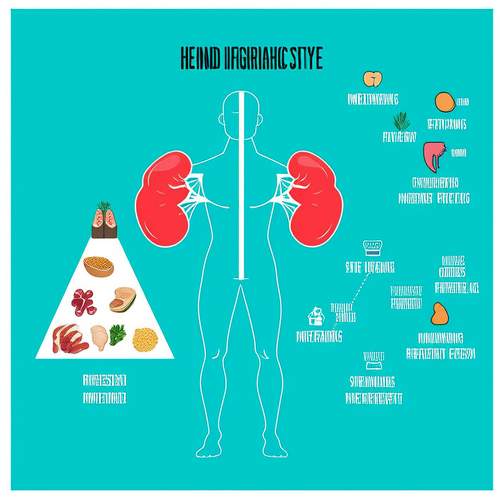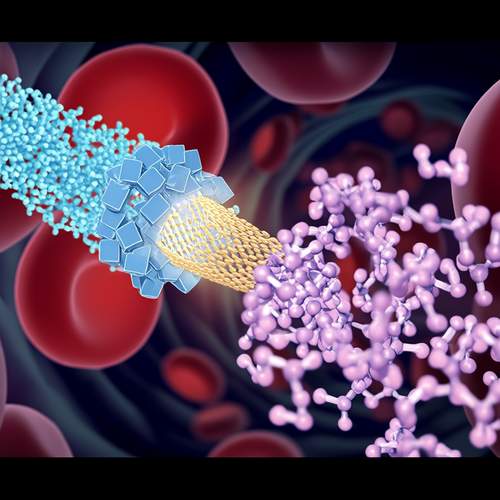In the ever-evolving world of skincare, collagen has emerged as a cornerstone for maintaining youthful, radiant skin. This structural protein, which makes up a significant portion of our skin's composition, is responsible for its elasticity, firmness, and overall vitality. As we age, however, collagen production naturally declines, leading to visible signs of aging such as wrinkles, sagging, and dryness. Understanding the role of collagen in skin health and exploring ways to support its production can be transformative for anyone seeking to preserve their skin's youthful glow.
The science behind collagen's impact on skin health is both fascinating and complex. Collagen is a fibrous protein that forms a scaffold in the extracellular matrix, providing structural support to tissues. In the skin, it works alongside elastin and hyaluronic acid to maintain hydration and resilience. When collagen levels are optimal, the skin appears plump, smooth, and vibrant. Conversely, a deficiency can result in a loss of structural integrity, making the skin more prone to damage and premature aging. Environmental factors such as UV exposure, pollution, and poor lifestyle choices can further accelerate collagen degradation, underscoring the importance of proactive skincare.
One of the most effective ways to boost collagen levels is through a nutrient-rich diet. Foods high in vitamin C, such as citrus fruits and leafy greens, are essential for collagen synthesis. Amino acids found in lean proteins, bone broth, and fish also play a critical role in rebuilding collagen fibers. Additionally, antioxidants from berries, nuts, and green tea can protect existing collagen from oxidative stress. While topical treatments can provide temporary improvements, nourishing the skin from within offers long-term benefits that are far more sustainable.
Beyond diet, advancements in skincare formulations have introduced innovative ways to stimulate collagen production. Ingredients like retinoids, peptides, and growth factors have been clinically proven to enhance collagen synthesis and improve skin texture. Retinoids, derived from vitamin A, accelerate cell turnover and promote the generation of new collagen fibers. Peptides, on the other hand, act as messengers, signaling the skin to produce more collagen. These breakthroughs in dermatology have made it possible to address collagen depletion more effectively than ever before.
Lifestyle choices also play a pivotal role in maintaining healthy collagen levels. Chronic stress, lack of sleep, and smoking are known to impair collagen production and accelerate skin aging. Incorporating stress-reducing practices such as meditation, regular exercise, and adequate sleep can significantly benefit skin health. Furthermore, protecting the skin from harmful UV rays with broad-spectrum sunscreen is non-negotiable, as sun damage is one of the leading causes of collagen breakdown. A holistic approach that combines internal and external care is key to achieving lasting results.
The growing popularity of collagen supplements has sparked a surge in products claiming to rejuvenate the skin from within. Hydrolyzed collagen peptides, in particular, have gained traction for their bioavailability and ability to support skin elasticity. While research on oral collagen supplements is still evolving, preliminary studies suggest they may help reduce wrinkles and improve skin hydration. However, it's important to choose high-quality supplements and consult with a healthcare professional to ensure they align with individual needs and health conditions.
In the realm of professional treatments, procedures like microneedling, laser therapy, and radiofrequency have shown remarkable efficacy in stimulating collagen production. These minimally invasive techniques create controlled micro-injuries in the skin, prompting the body's natural healing response and boosting collagen synthesis. While these treatments can yield impressive results, they often require multiple sessions and proper aftercare to maximize benefits. For those seeking more immediate results, dermal fillers containing hyaluronic acid can temporarily restore volume and smoothness by mimicking the effects of natural collagen.
Ultimately, the pursuit of healthy, collagen-rich skin is a multifaceted journey that requires a combination of science-backed strategies. From dietary adjustments to cutting-edge skincare innovations, there are numerous ways to support and enhance collagen levels. By adopting a comprehensive approach that addresses both internal and external factors, it's possible to maintain youthful, resilient skin well into the future. The key lies in consistency, patience, and a deep understanding of how collagen functions as the foundation of skin health.

By /May 21, 2025

By /May 21, 2025

By /May 21, 2025

By /May 21, 2025

By /May 21, 2025

By /May 21, 2025

By /May 21, 2025

By /May 21, 2025

By /May 21, 2025

By /May 21, 2025

By /May 21, 2025

By /May 21, 2025

By /May 21, 2025

By /May 21, 2025

By /May 21, 2025

By /May 21, 2025

By /May 21, 2025

By /May 21, 2025

By /May 21, 2025

By /May 21, 2025